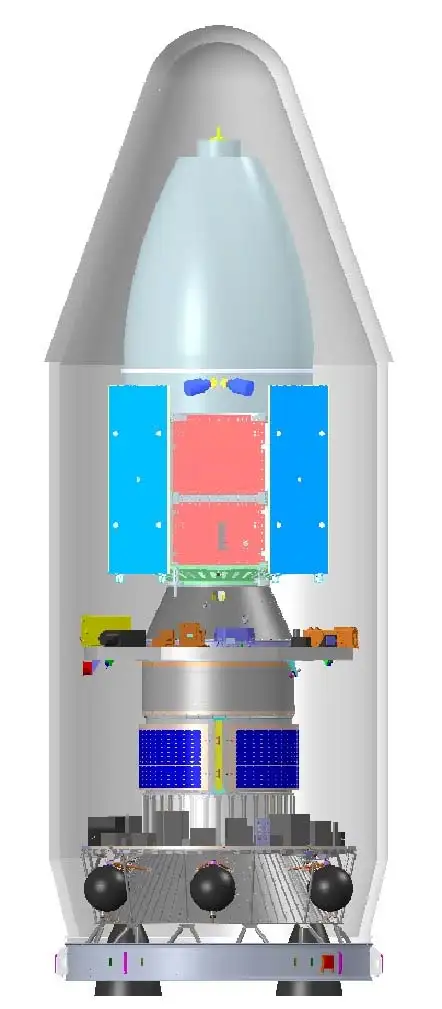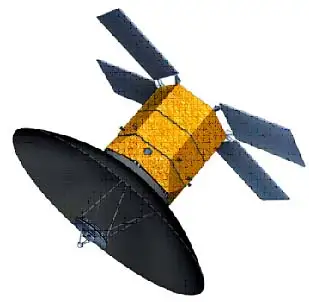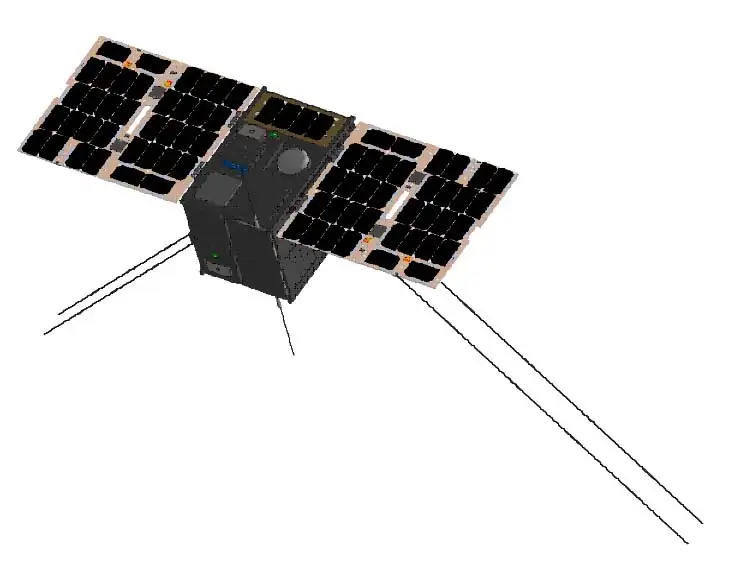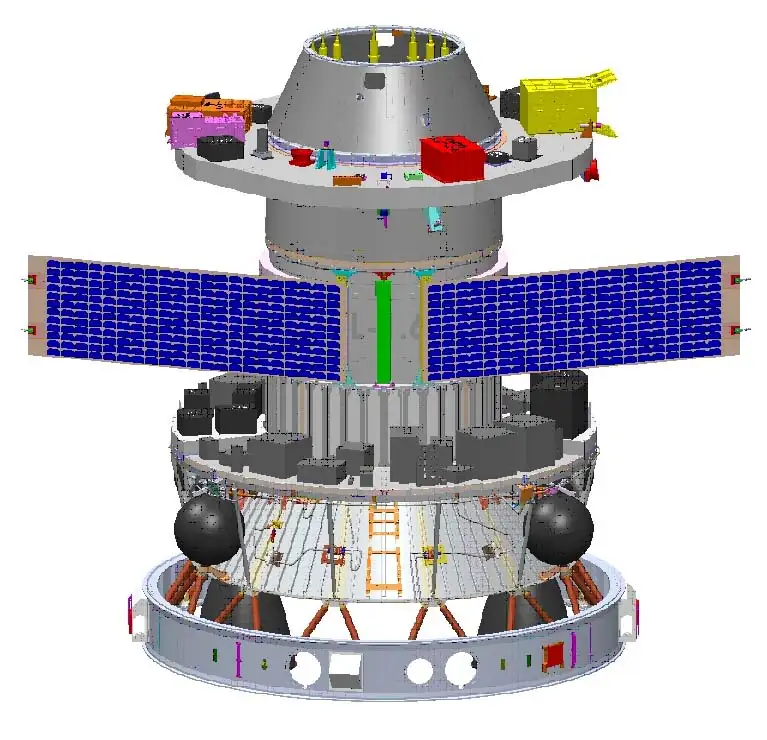PSLV C55 and TeLEOS-2 Satellite | 24 Apr 2023
Why in News?
Recently, ISRO (Indian Space Research Organization) has successfully launched the PSLV (Polar Satellite Launch Vehicle)-C55/TeLEOS-2 mission from the Satish Dhawan Space Centre, Sriharikota in Andhra Pradesh.
What is the PSLV C55/TeLEOS-2 Mission?
- About:
- This is the 57th flight of PSLV and 16th mission using the PSLV Core Alone configuration (PSLV-CA).
- It is a dedicated commercial mission through NSIL (NewSpace India Limited) with TeLEOS-2 as primary satellite and Lumelite-4 as a co-passenger satellite, both belonging to Singapore.
- The scientists used PSLV Orbital Experimental Module-2 (POEM-2) as an orbital platform to carry out the scientific experiments through non-separating payloads carried by it.
- TeLEOS-2:
- It is an Earth Observation Satellite (EOS) and will be the primary satellite being carried by the rocket.
- In 2015, ISRO launched TeLEOS-1, which was launched into a low Earth orbit for remote sensing applications. ISRO has so far launched nine satellites belonging to Singapore.
- TeLEOS-2 carries a Synthetic Aperture Radar (SAR) payload capable of imaging at 1m full-polarimetric resolution. It will be able to provide all-weather day and night coverage.
- SAR is a type of active radar imaging technology that uses the motion of the radar antenna to create a high-resolution 3D image of the target area.
- It is an Earth Observation Satellite (EOS) and will be the primary satellite being carried by the rocket.
- LUMILITE-4:
- It is an advanced 12U satellite developed for the technological demonstration of the High-Performance Space-borne VHF Data Exchange System (VDES).
- "12U" refers to a standardized form factor for CubeSats, which are small satellites with a modular design.
- In the 12U form factor, the CubeSat measures 24 x 24 x 36 cm and has a volume of 20.7 liters.
- It aims to augment Singapore’s e-navigation maritime safety and benefit the global shipping community.
- It is the co-passenger satellite being sent along with TeLEOS-2
- It is an advanced 12U satellite developed for the technological demonstration of the High-Performance Space-borne VHF Data Exchange System (VDES).
What is POEM?
- POEM is an experimental mission by ISRO which performs in-orbit scientific experiments during the 4th stage of the PSLV launch vehicle as an orbital platform.
- The PSLV is a four-stage rocket where the first three spent stages fall back into the ocean, and the final stage (PS4) — after launching the satellite into orbit — ends up as space junk.
- POEM has a dedicated Navigation Guidance and Control (NGC) system for attitude stabilization, which stands for controlling the orientation of any aerospace vehicle within permitted limits.
- The NGC will act as the platform’s brain to stabilize it with specified accuracy.
UPSC Civil Services Examination Previous Year Question (PYQ)
Q. With reference to India’s satellite launch vehicles, consider the following statements: (2018)
- PSLVs launch satellites useful for Earth resources monitoring whereas GSLVs are designed mainly to launch communication satellites.
- Satellites launched by PSLV appear to remain permanently fixed in the same position in the sky, as viewed from a particular location on Earth.
- GSLV Mk III is a four-staged launch vehicle with the first and third stages using solid rocket motors; and the second and fourth stages using liquid rocket engines.
Which of the statements given above is/are correct?
(a) 1 only
(b) 2 and 3
(c) 1 and 2
(d) 3 only
Ans: (a)




